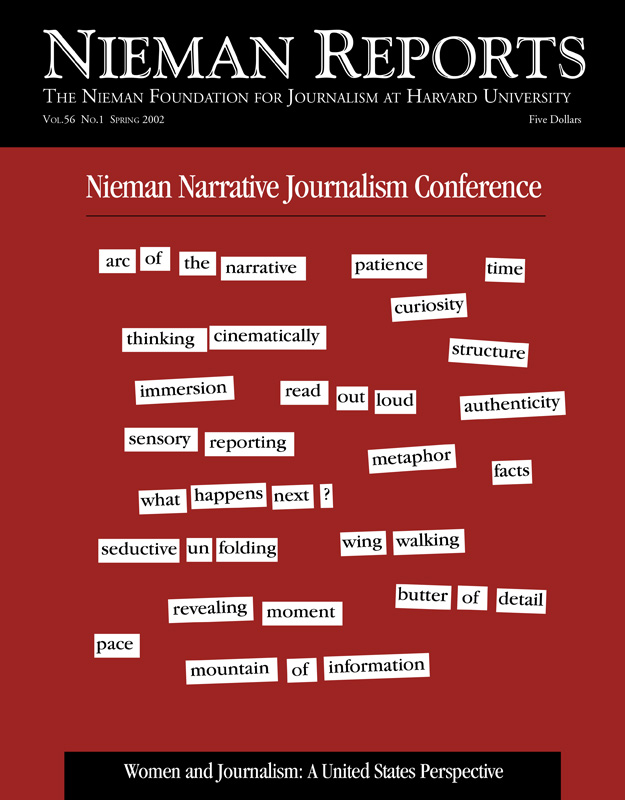Roughly the first 20 years of my working life I spent almost entirely as a reporter for newspapers and magazines. The last six or seven years of it I have spent almost entirely writing books of history. So, what do journalists and historians have to learn from each other?
As a journalist, I feel there are a great many things that are going on right now in today’s world that we think of as news that you simply cannot begin to comprehend without understanding the history behind it. Case in point is this war that’s going on in Pakistan and Afghanistan. People’s memory for historical grievances is longer, and it becomes very incumbent upon us, as journalists writing about all this, to try to understand these things.
You can very quickly tell who are the journalists who have a real sense of the history of the place that they’re writing about. And to me, their reporting is always much deeper and much richer. I spent six months living in Russia in 1991 gathering material for a book and interviewing Russians about how they were beginning to try to comprehend the Stalin period—how were they grappling with the fact that their country had basically inflicted an absolutely colossal genocide on itself in the 1930’s, when some 20 million Soviets met unnatural deaths.
Every once in a while, I would go look in a database of newspaper articles and see if anybody else had ever interviewed any of these people. And the only person whose name periodically popped up as having talked to the same people that I had, was the man who was then the Moscow correspondent of The Washington Post, David Remnick, who’s now the editor of The New Yorker.
If you read his book that he wrote after coming back from that assignment, “Lenin’s Tomb,” which won the Pulitzer Prize in 1993, you can see that, in trying to write about Russia—about Gorbachev’s Russia—he spent 100 pages of a 400-page book talking about the history and the heritage that had led up to this. He was somebody who really took that seriously, had immersed himself in the history of that country, and it showed.
One of the things that as a journalist I’ve learned from historians and from the process of trying to write history has to do with how you treat sources differently. If you’re a reporter for a daily paper or for a magazine, the kind of thing an editor badgers you for is to have a named source for something. You have to attribute every important fact or every important number to a source.
For a historian, that’s not quite good enough, because you can’t just say, as Professor so-and-so says, this happened, because Professor so-and-so’s going to have his enemies and they’re going to write to you as soon as your book comes out and point out why you were in error for relying on this guy instead of on them.
The whole process of dealing with history has just made me realize how the business of sources is much more complicated than we journalists often tend to think that it is, and that one has to pay a lot of very careful attention to it.
What are the things that historians can learn from journalists? Storytelling: How do you frame a story so that people are going to read it? Probably the most widely read historian of the last three or four decades in the United States is Barbara Tuchman, who spent some seven years as a journalist before she started writing history and who did pay a great deal of attention to how she told the story, how she framed the story. And she succeeded in finding an audience, finding in fact a very important audience. President John F. Kennedy actually credited the fact that he did not declare war on the Soviet Union in 1962 over the Cuban missile crisis to the fact that he had just finished reading Barbara Tuchman’s book, “The Guns of August,” about the outbreak of World War I, and realized how easy it was to go down that slippery slope of great powers going to war when, in some sense, neither of them wanted it.
I guess I would end by making a plea for the combining of journalism and history. I hate to see barriers, artificial barriers, between different kinds of writing.



